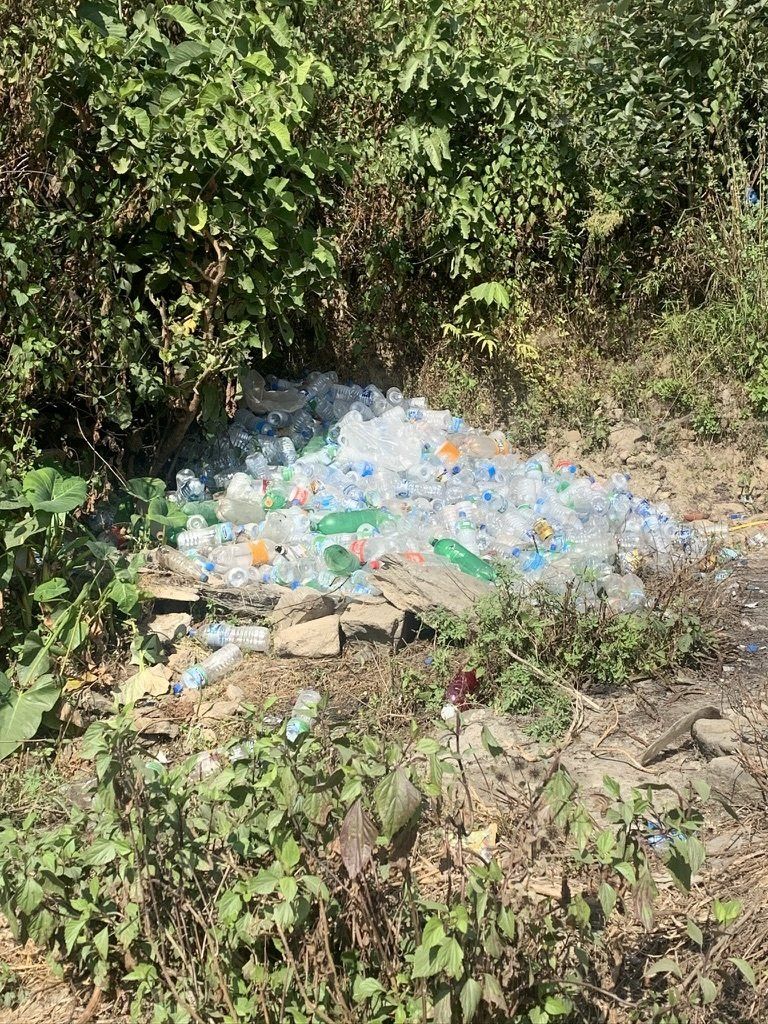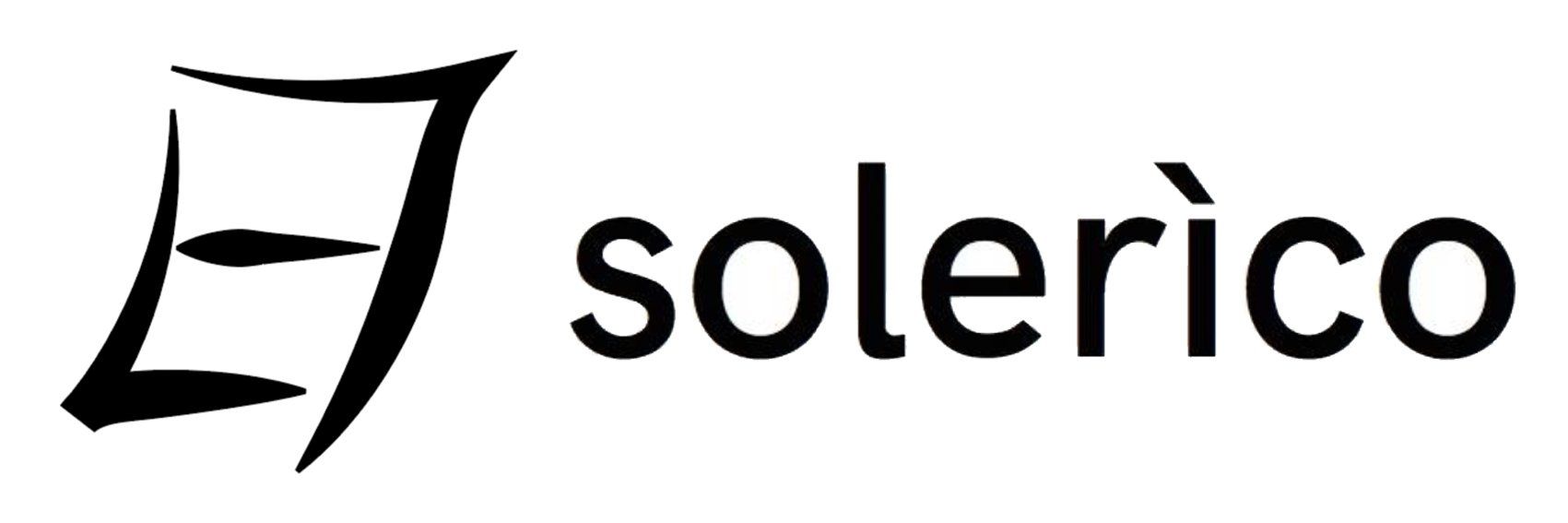Himalayan Plastics Project
Helping local communities restore nature.
Plastic pollution is a global crisis, from beaches to streets, to the Himalayas.
There are millions of plastic water bottles strewn across the Langtang Valley in the Nepalese Himalayas. This project addresses the plastic pollution problem in the Nepalese Himalayas by collecting and recycling plastic waste into usable products.
To fulfil this project, we have partnered with a Nepalese charity, Partnership for Sustainable Development Nepal (PSD Nepal).

The Problem
The Langtang Valley in the Himalayas is home to over 100 trekking lodges and hosts some 18,000 trekkers per year. Every season, up to 200,000 plastic bottles are brought in and littered in the valley.
The Solution
PSD Nepal, has incentivised locals to walk the trekking routes and bring out as many bottles as they can through a “1 bottle = 1 Nepalese Rupee” scheme. Currently, these collectors are able to carry, on average, 50 bottles off the mountain per trip. To speed up this process of removing the plastic from the Himalayas, we are equipping the collectors with handheld bottle crushers so they can carry more bottles off the mountain per trip.
The next phase of the project is to provide the communities with local recycling depots to better collect and process the plastic bottles.
So far...
30
Bottle Crushers Distributed
100k+
Bottles Removed
Next Steps
In partnership with PSD Nepal we are looking to repurpose the plastic that is collected and create useable goods
The plastic is heated and injected into a different machine
This machine moulds the shredded and heated plastic into a desired useable good.
The products are either donated to local schools/local communities or sold to tourists
A variety of goods will be made to serve different populations. Household products (roof tiles, household goods...etc) will be given to the local communities, educational products (puzzles, abacuses, rulers...etc) will be given to schools, and tourist products (carabiners, jewellery, coasters...etc) will be sold to tourists who trek the Valley.

